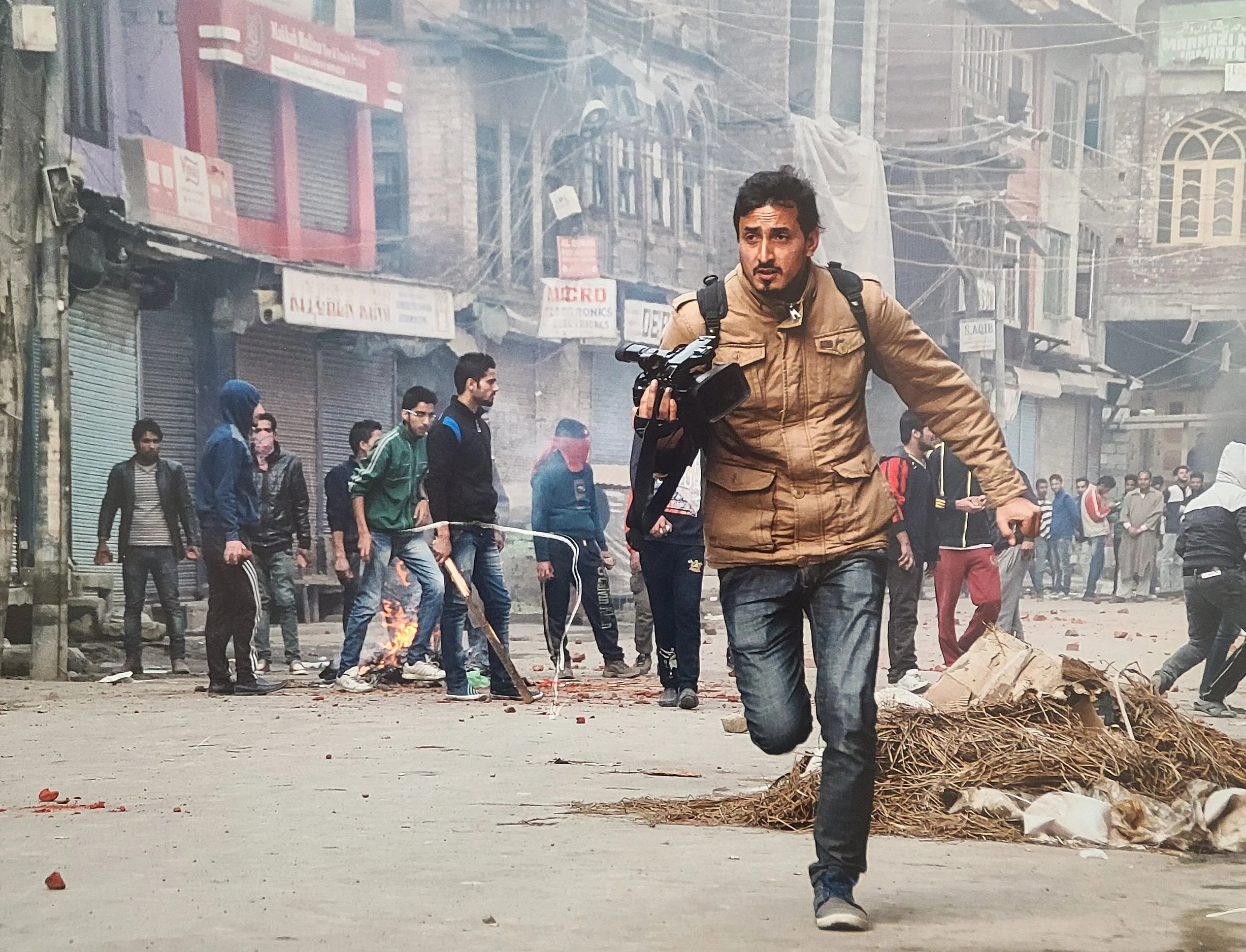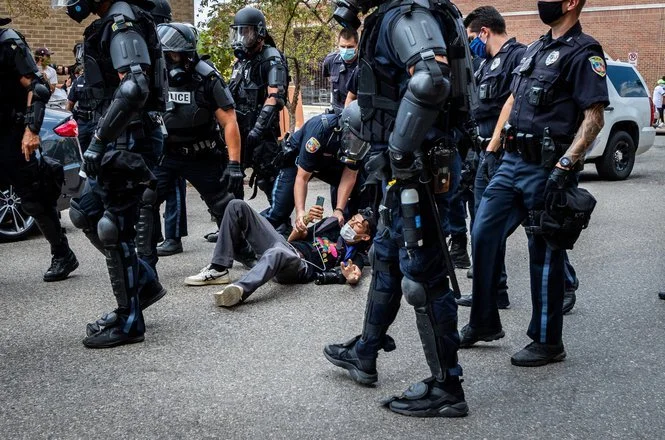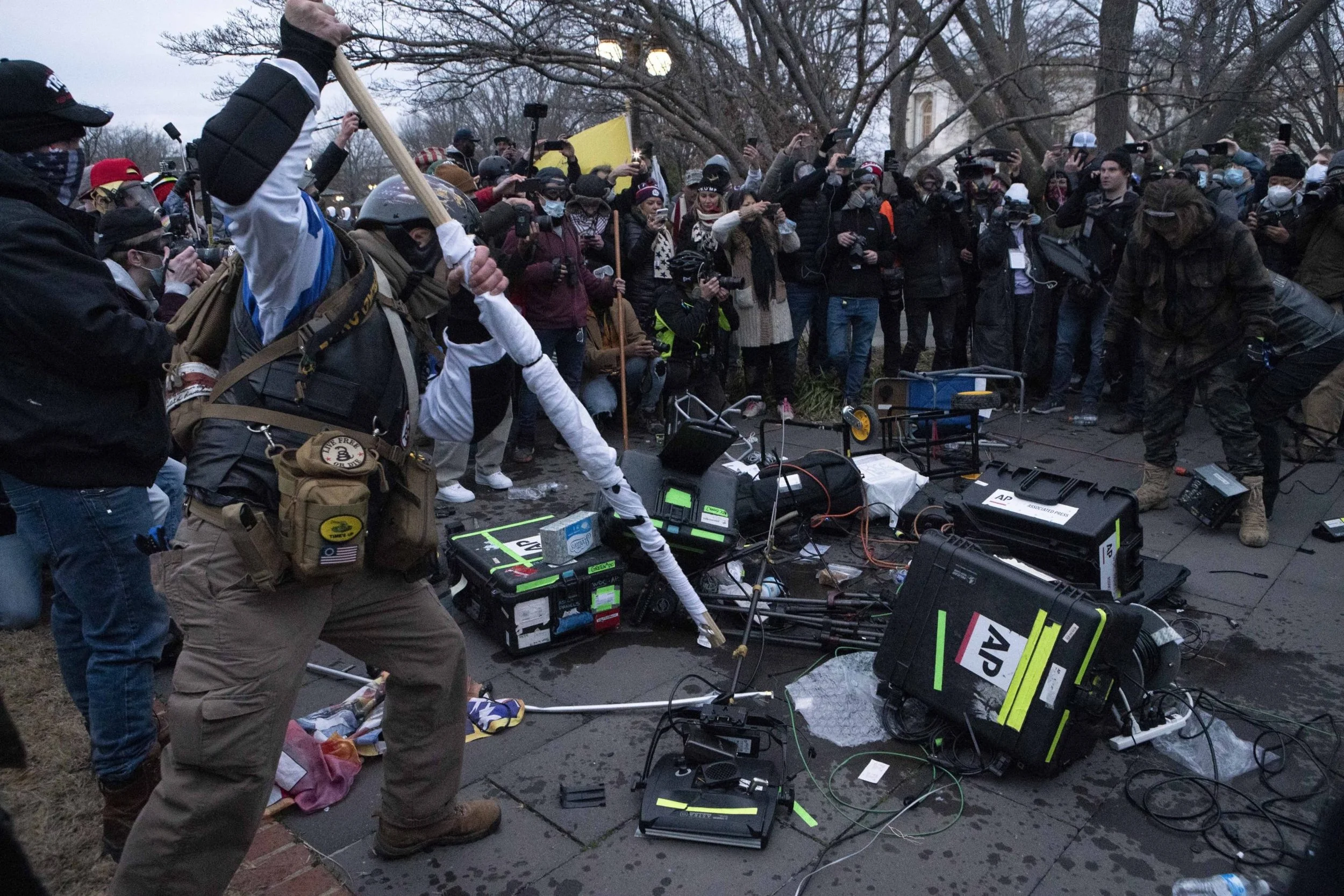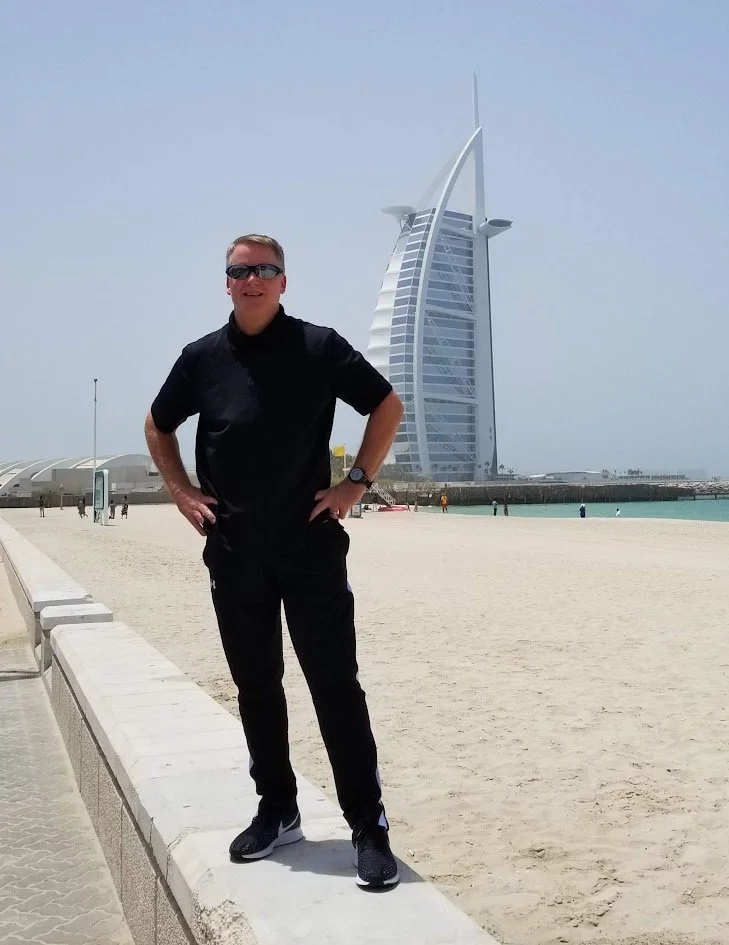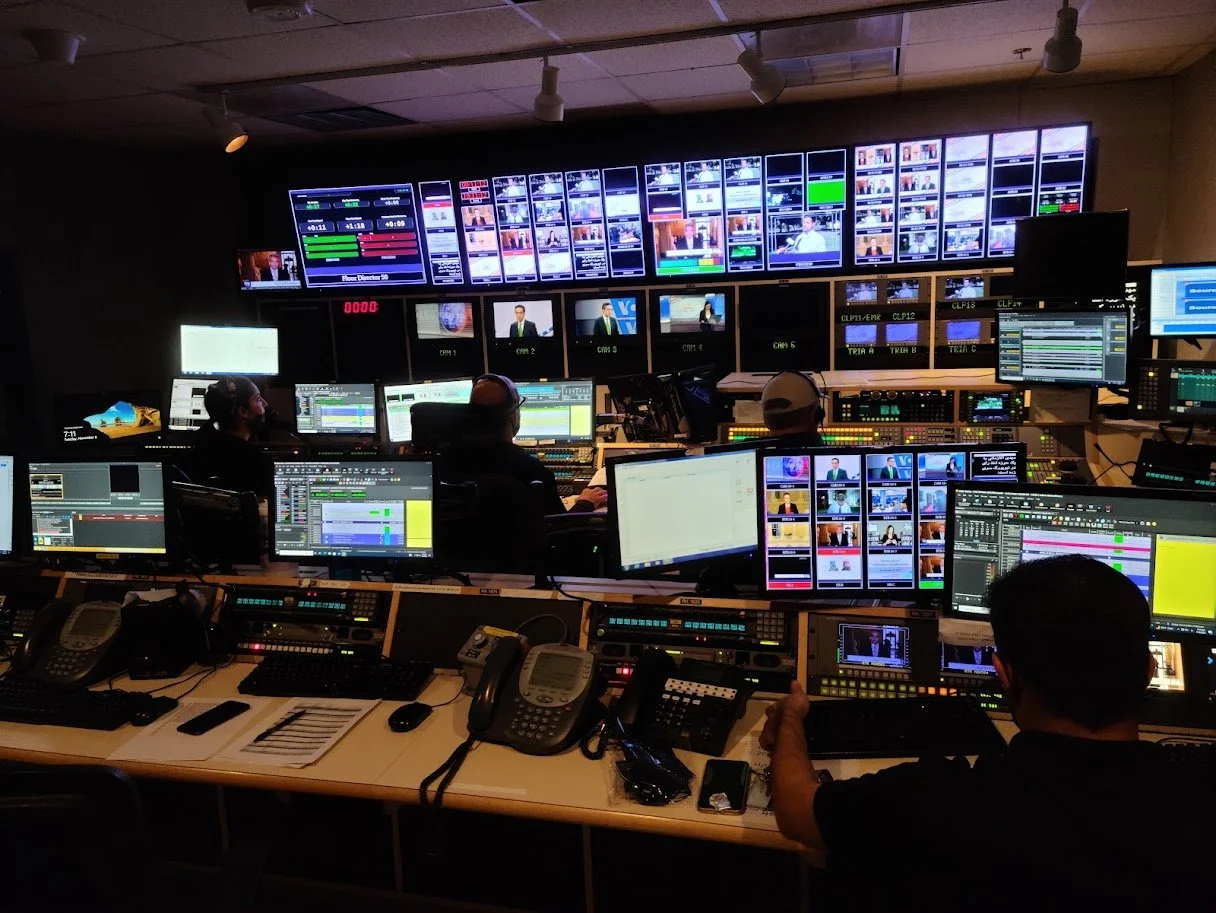“If we do not protect journalists, our ability to remain informed and make evidence-based decisions is severely hampered. When journalists cannot do their jobs in safety, we lose an important defense against the pandemic of misinformation and disinformation that has spread online”
-UNSecretary-GeneralAntónio Guterres
Elevate Your Safety Standards
Duty of care is defined as an organization’s obligation to take all reasonable steps to ensure the health, safety and overall well-being of their employees. Protect what matters most by promoting and supporting the principles of journalist safety. MediaSafe can introduce your team or students to the basics of situational awareness, risk assessments, use of personal protection equipment, digital safety basics and mental wellness in the newsroom. MediaSafe LLC is available to speak to reporters, freelance journalists, students and newsroom teams about the basics of journalist safety.
Principles of Safety
The Reporters Without Borders annual press freedom index has established that the U.S. is now one of the most dangerous places in the world to be a journalist. Duty of care is no longer intended for overseas locations exclusively. MediaSafe LLC offers virtual and in-person instruction and subject matter expertise on the basic principles of media safety. Recent presentations include the Hussman School of Journalism and Media at the University of North Carolina at Chapel Hill and MediaFest 25 in Washington DC.
- Risk Assessment
- Situational Awareness
- Active Shooter Response
- Personal Protective Equipment
- Digital Safety Basics
- Harassment
- Mental Wellness
- Recommended Training
- Safety Resources
“I’m glad to see how young people are stepping up when it comes to safety. They are focusing on safety rather than being told to be safe. It makes a difference when people own things.”
- Scott Cam
About MediaSafe LLC
With over 30 years of experience in international media, Eric Phillips most recently served as Director of Journalist Safety at the Voice of America (VOA), formerly the world’s largest international broadcaster until its 2025 restructuring.
In this role, he was responsible for safeguarding nearly 2,000 journalists—both foreign and domestic—often in high-risk environments. The challenges were complex and required collaborative problem solving, adaptive risk assessment, and creative solutions tailored to a rapidly shifting global landscape.
A core element of this work was training, which played a critical role in fulfilling VOA’s duty of care. Today, Eric offers his expertise as a subject matter expert, available to advise students and professionals about the foundational principles of journalist safety.
In 2021, Eric managed logistics for the evacuation of USAGM contractors and their families from Afghanistan, working closely with partners on the ground in Kabul and Islamabad, Pakistan. He led risk assessment and risk management efforts for VOA journalists traveling to Israel and Ukraine and has worked closely on safety and security measures for foreign correspondents living in hostile environments and conflict zones. He has coordinated response for journalists dealing with transnational repression and work-related trauma.
Eric is a member of ASIS International, a professional organization for safety and security professionals. He sits on the James Foley Foundation Journalist Safety Task Force and is HEAT and ALICE Active Shooter Instructor certified. He has worked with journalists all over the world, learning about their greatest challenges, and advising on impactful solutions.
Contact Eric today for rates and availability to speak to your students or teams.
Elevate Your Safety Standards
eric@mediasafellc.com
+1-703-371-6239
Arlington, Virginia
“While the role of journalists has never been more important, it is the sad truth that it is also increasingly dangerous. I pay tribute to the organizations that regularly highlight the harassment and intimidation of journalists that takes place in far too many countries.”
- John Whittingdale
Contact MEDIASAFE

